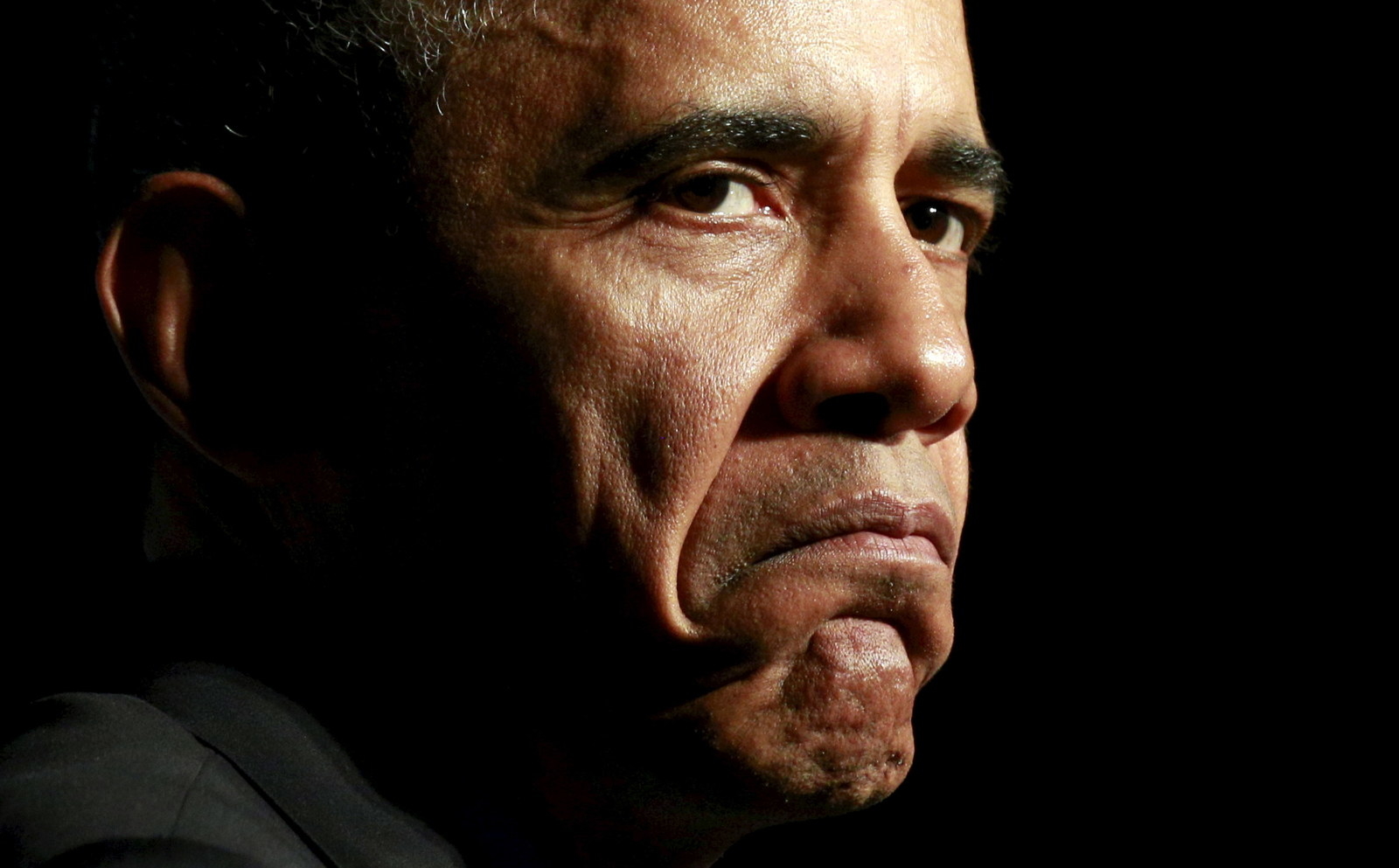On Monday night, President Donald Trump gave a long awaited speech discussing foreign policy, focusing on the future US commitment to Afghanistan.
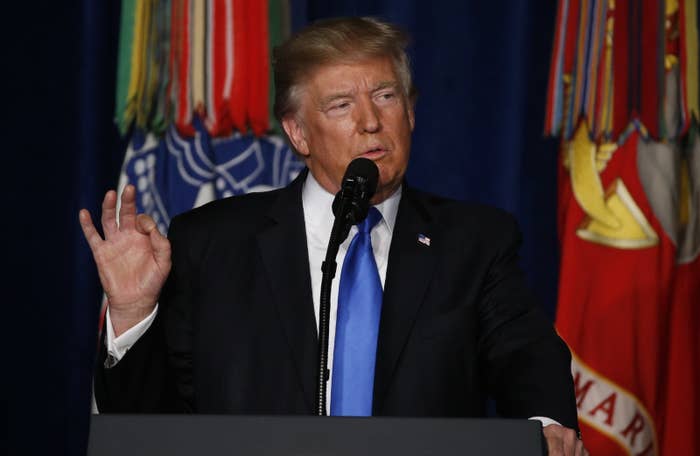
One of his big points was that, moving forward, the US would be holding Pakistan to account.

Notably, Trump called for Pakistan to "change immediately" its tendency to harbor individuals and groups linked to terror.
"No partnership can survive a country’s harboring of militants and terrorists who target US service members and officials," Trump said. "It is time for Pakistan to demonstrate its commitment to civilization, order, and to peace."
Secretary of State Rex Tillerson said the next day that the US would consider punishing Pakistan should the country not crack down on terror organizations within its borders.
US politicians have, as it turns out, been calling for this for a while. And while Pakistan has proved cooperative at times, the need to press them to do more keeps coming up.
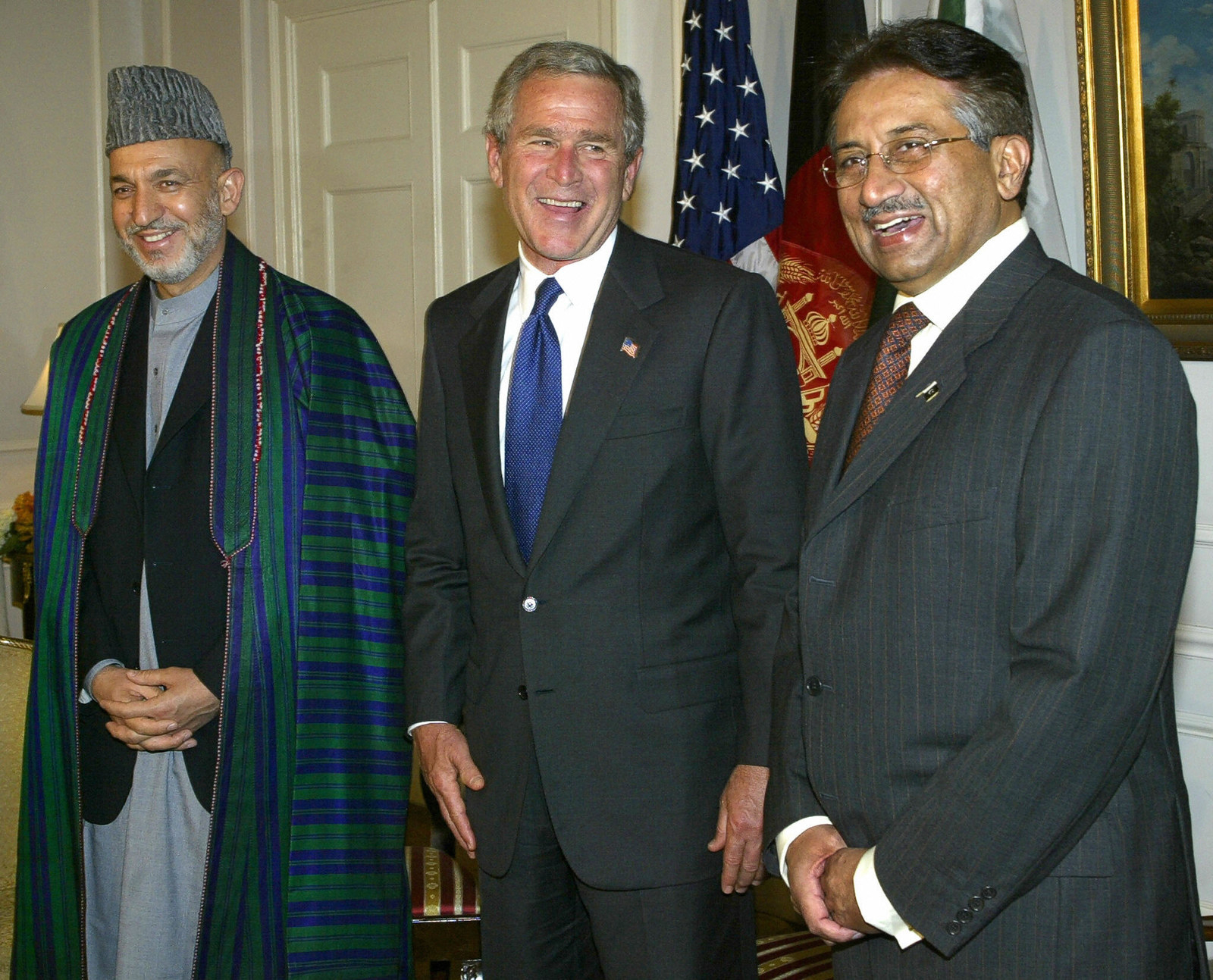
With that in mind, here's an incomplete history of times that the call for Islamabad to do more has gone out:
1. In the aftermath of 9/11, then-president George W. Bush's administration moved to exert pressure on Pakistan's government to expel suspected extremists.
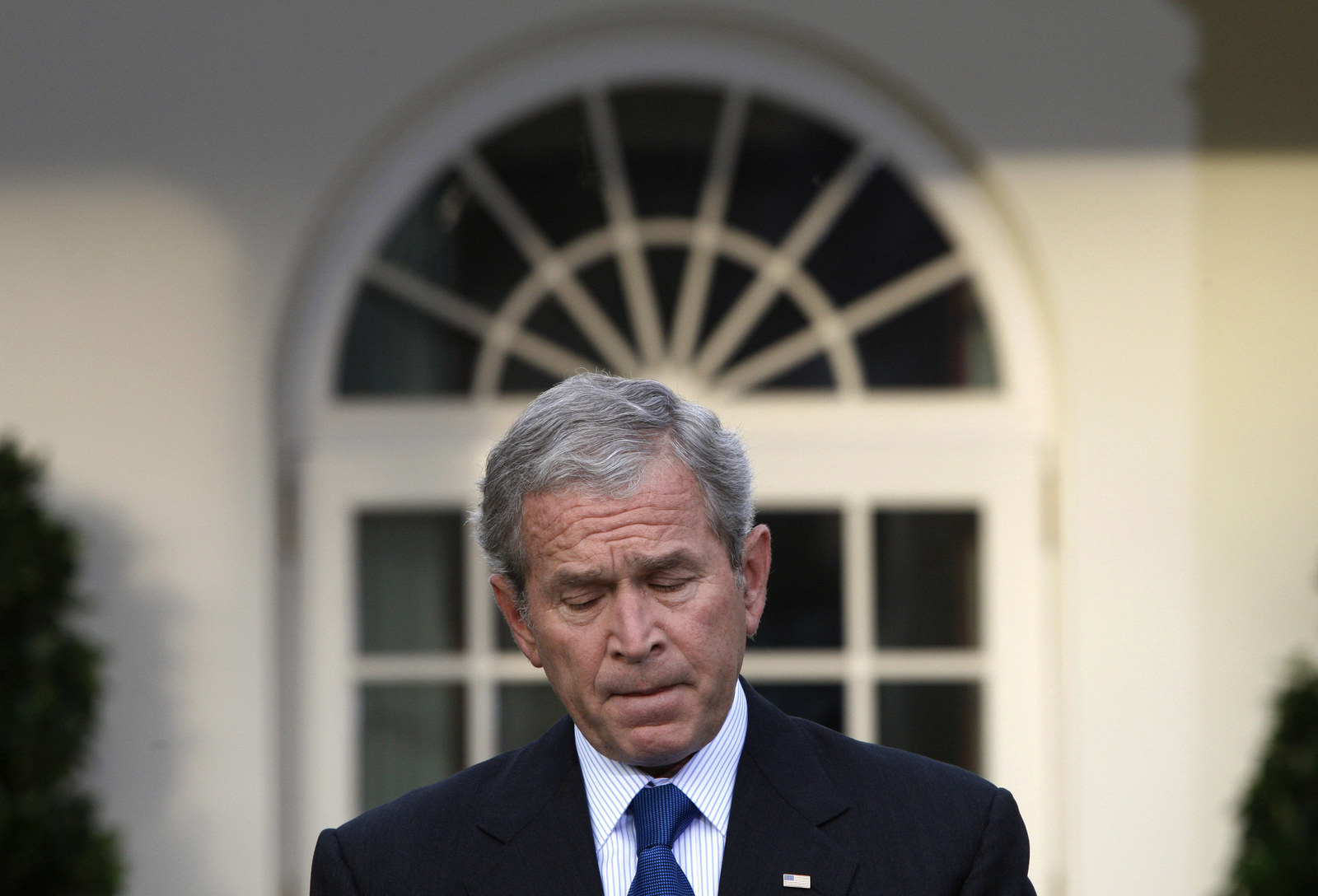
2. Then in 2006 — during the global hunt for al-Qaeda militants — the White House said that Pakistan had been "very cooperative in helping track down members of al-Qaeda."
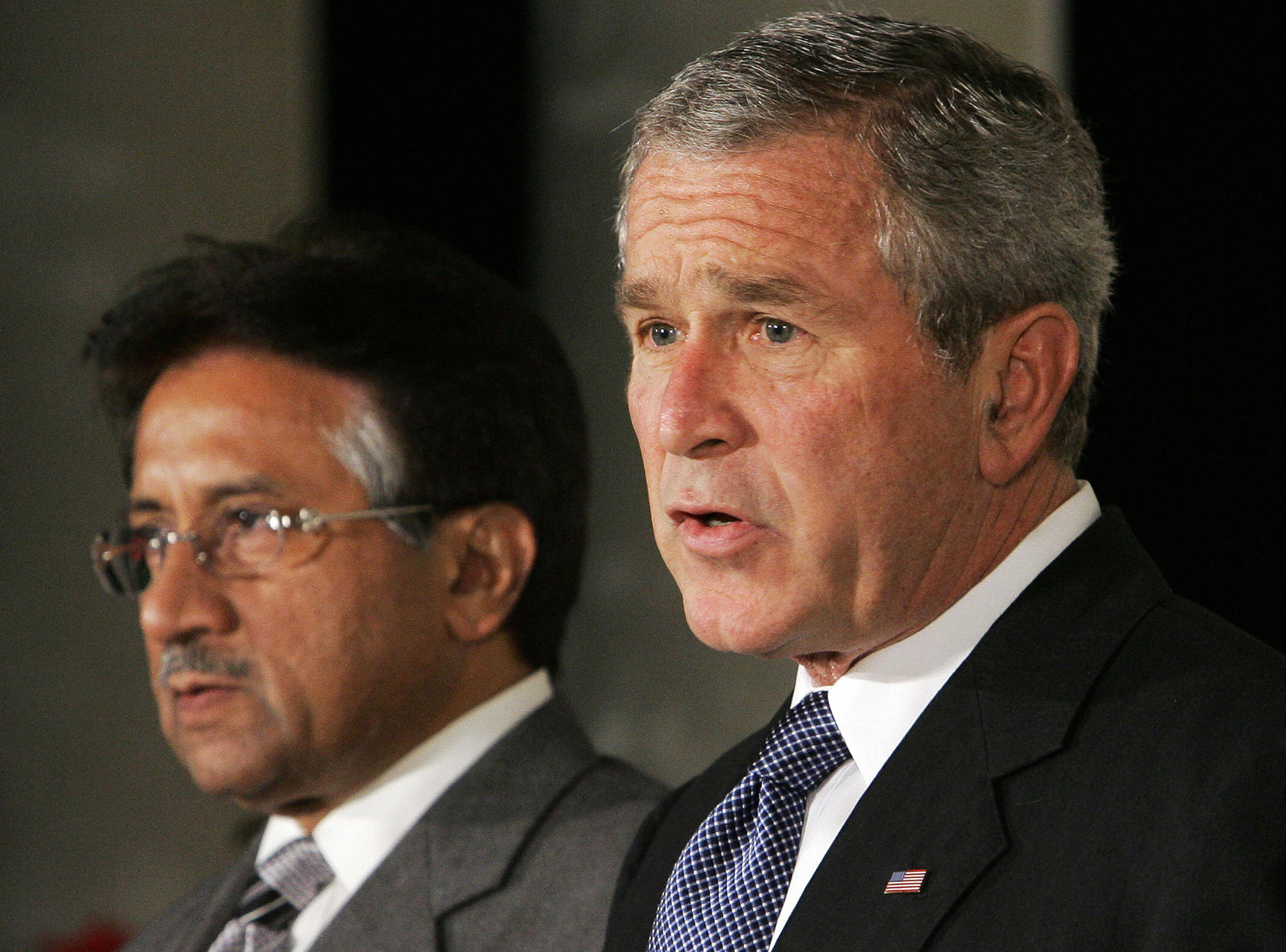
3. Following the election of Barack Obama, top US generals and admirals began discussing a "new"* strategy in the region.
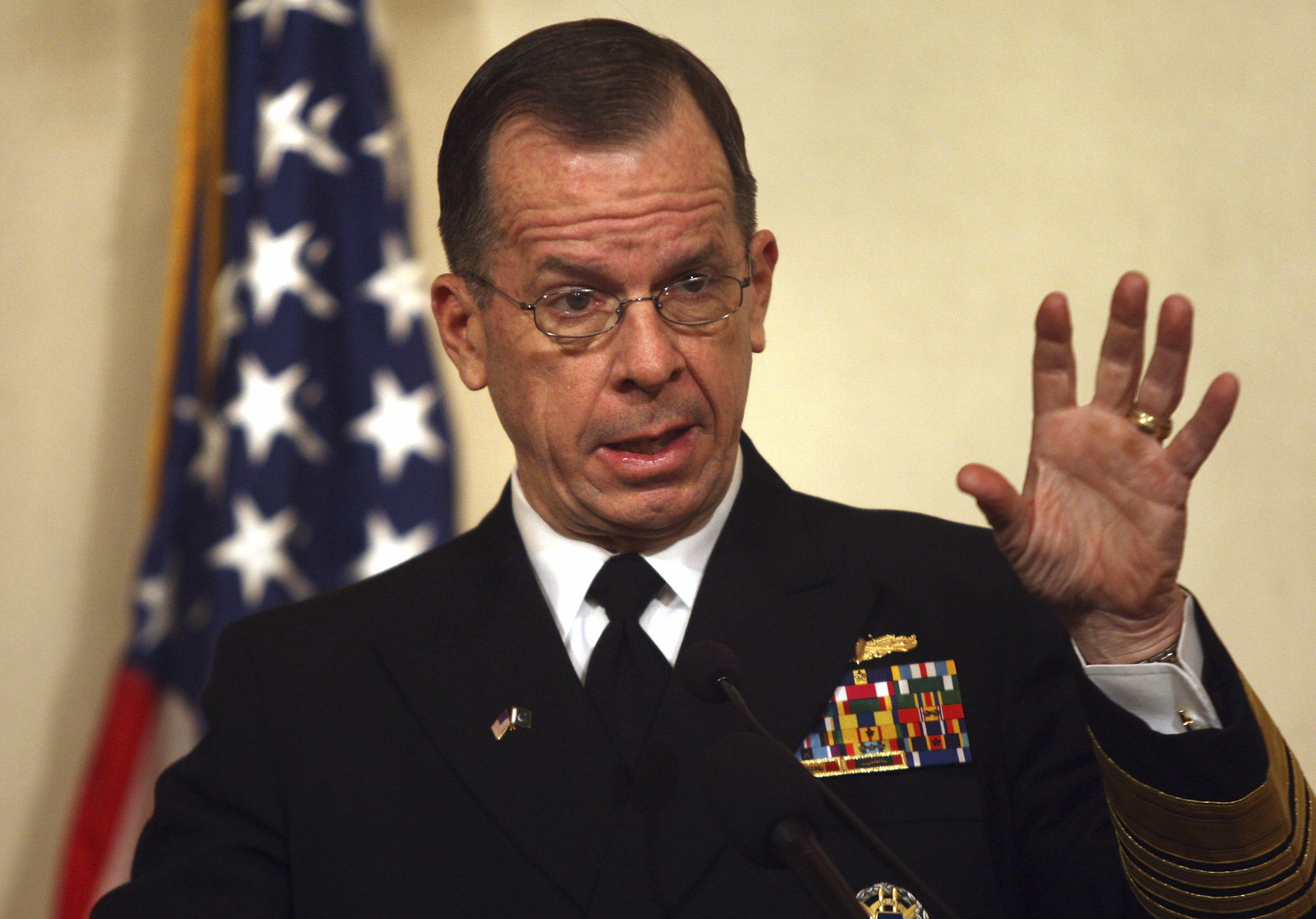
4. The following year, Obama announced a *refreshed* Afghanistan/Pakistan policy.
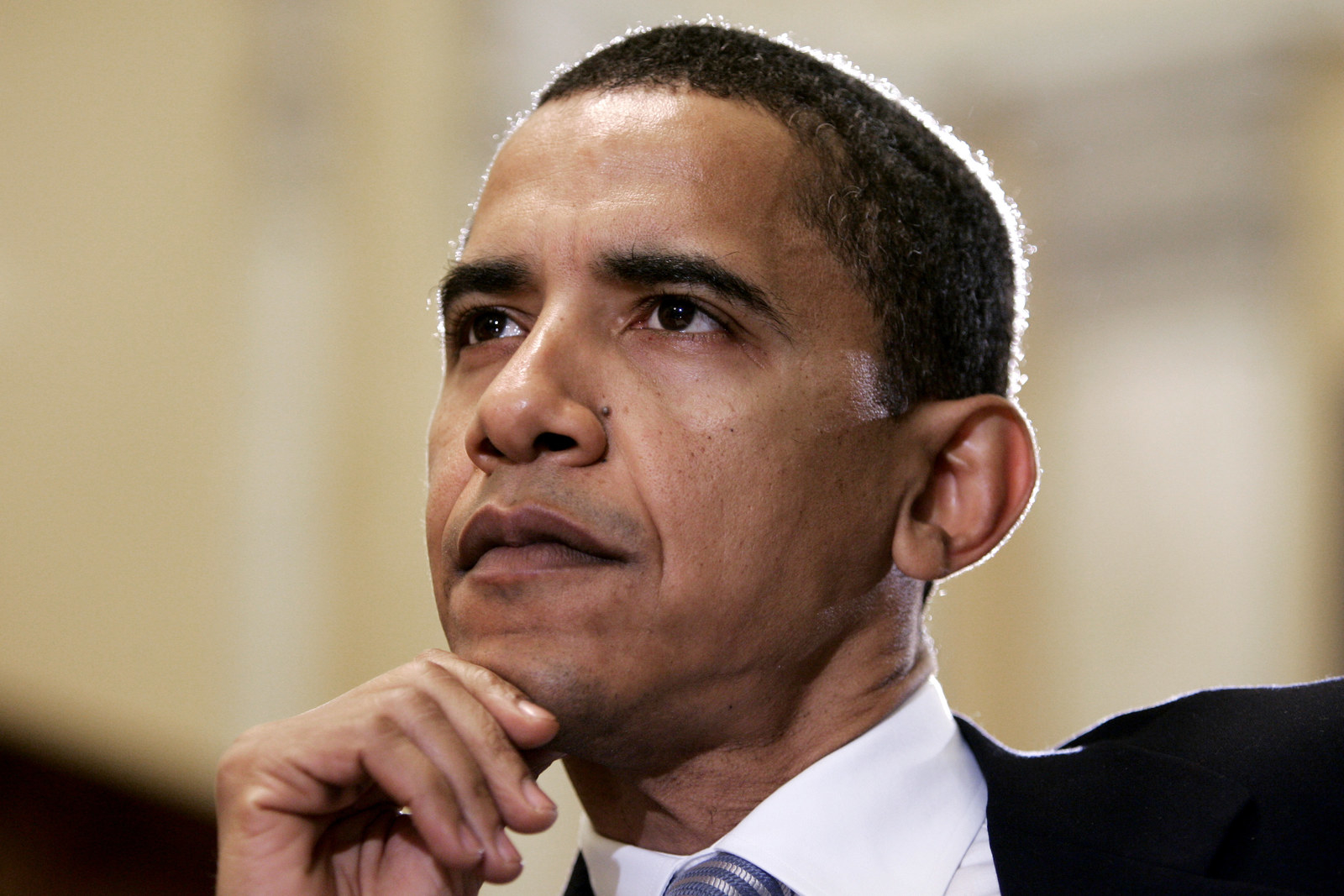
5. But in 2011 the Obama administration sharply rebuked Pakistan's government over alleged ties with Taliban-linked groups.
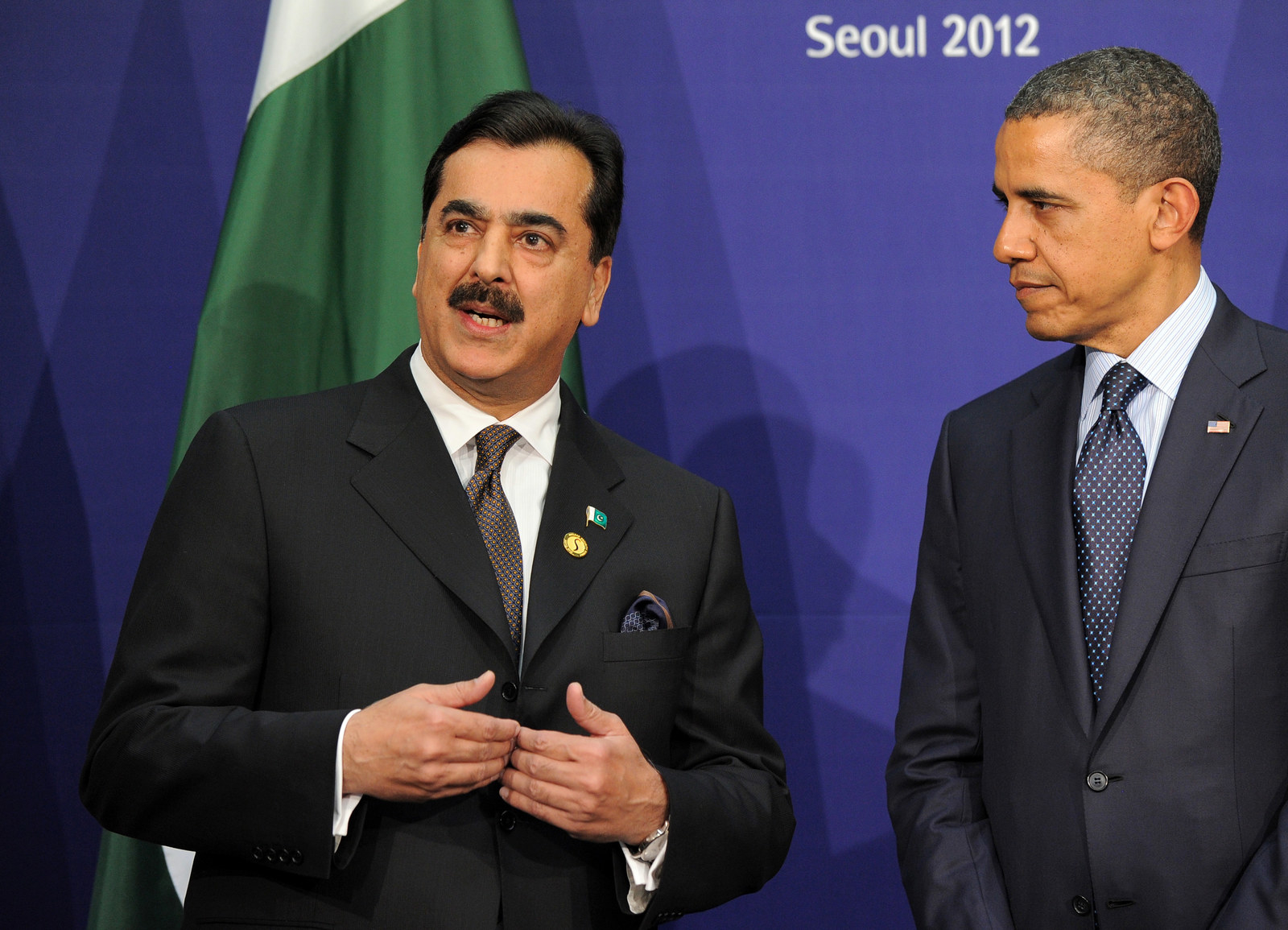
6. Later that year, speaking immediately after American special forces killed Osama bin Laden in a raid in Pakistan, Obama said: "And going forward, it is essential that Pakistan continue to join us in the fight against al-Qaeda and its affiliates."
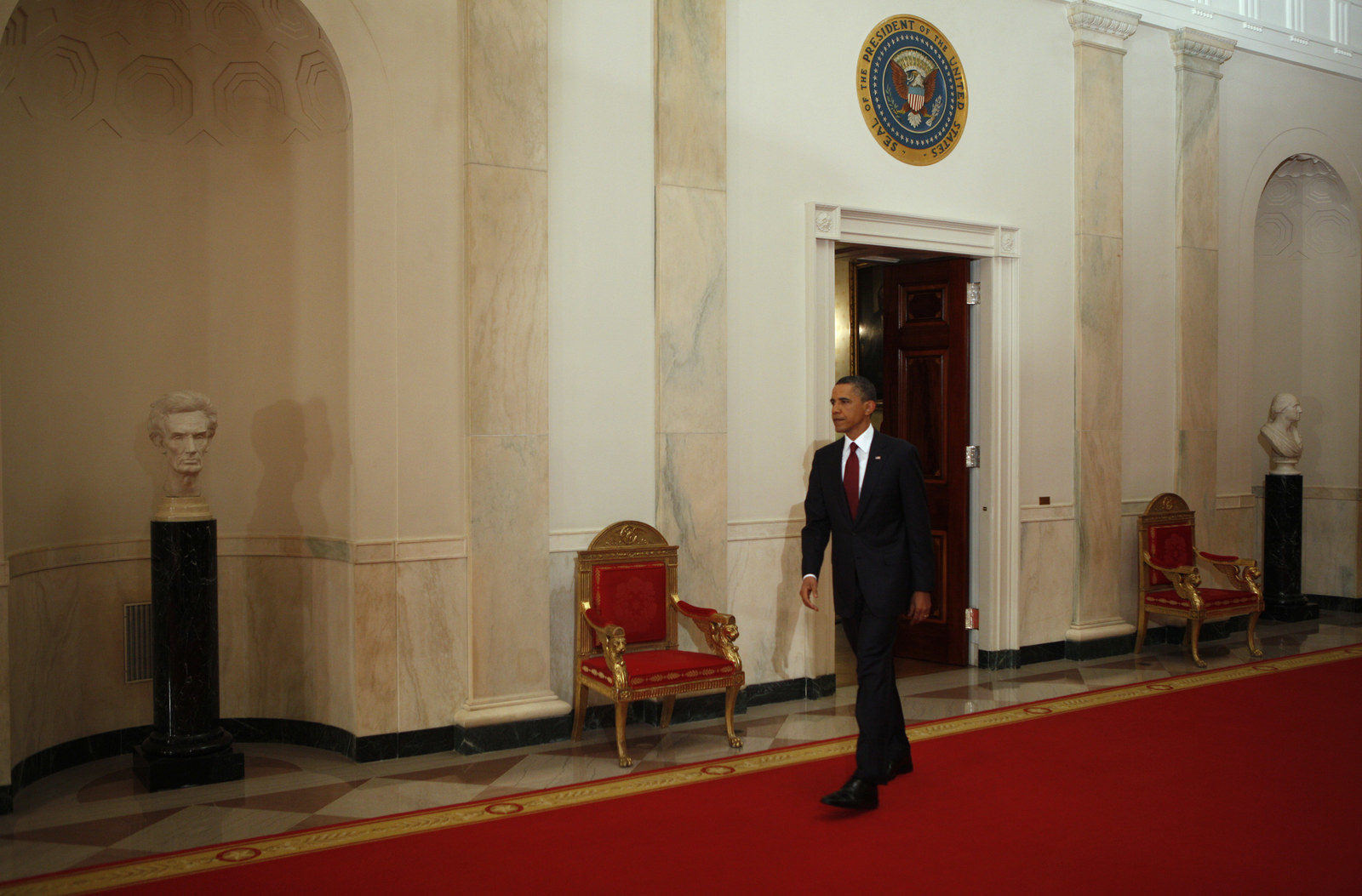
7. And in 2013, then-defense secretary Chuck Hagel visited Pakistan to talk about "differing views" on fighting terrorism.
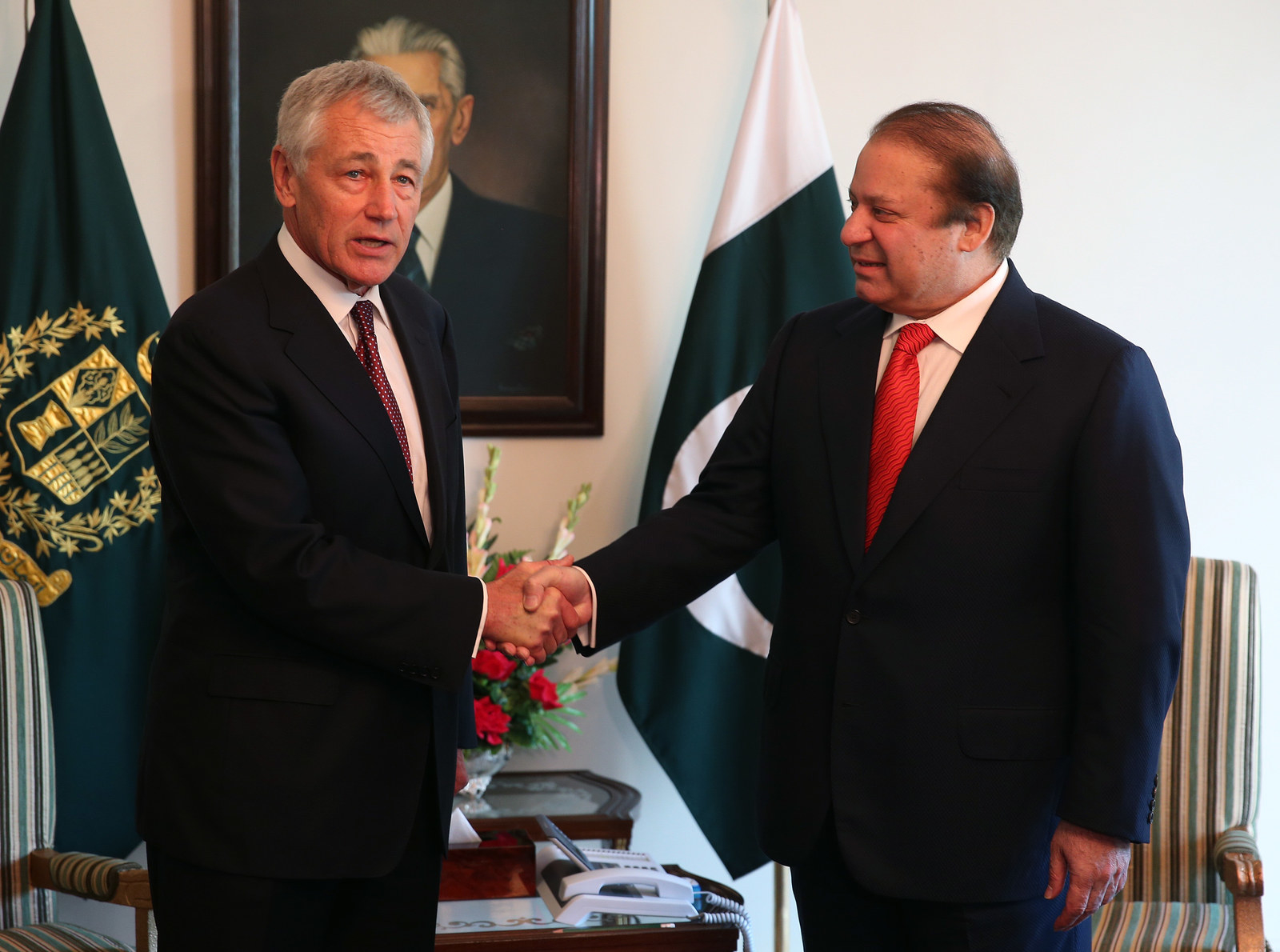
8. "This is something that Pakistan has to deal with on their doorstep,” Obama's press secretary told reporters in 2015, on the subject of countering extremists within their region.
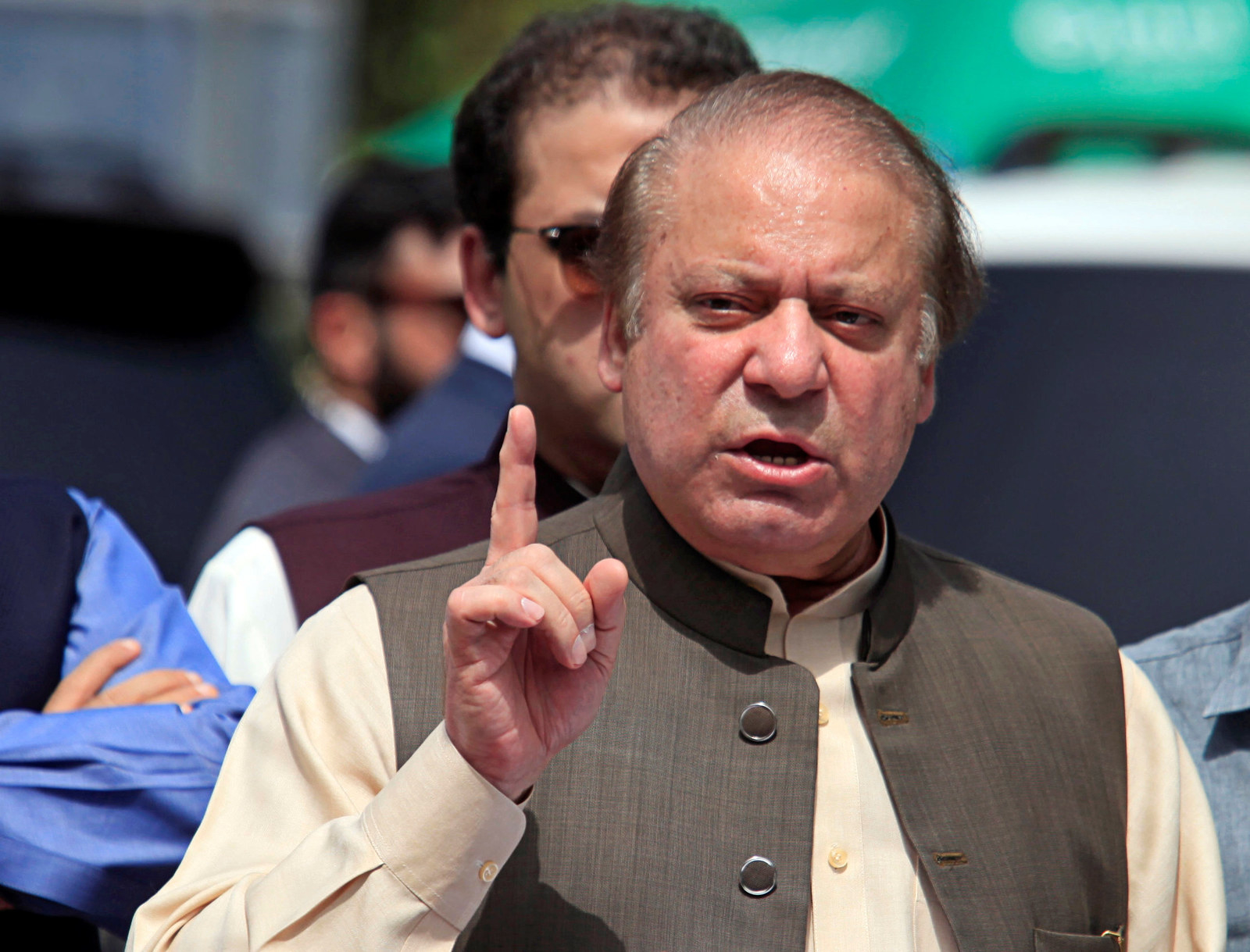
9. In 2016, criticism over Pakistan's perceived role in harboring terror suspects only intensified. Secretary of State John Kerry called on Sharif to stop sheltering suspected militants.
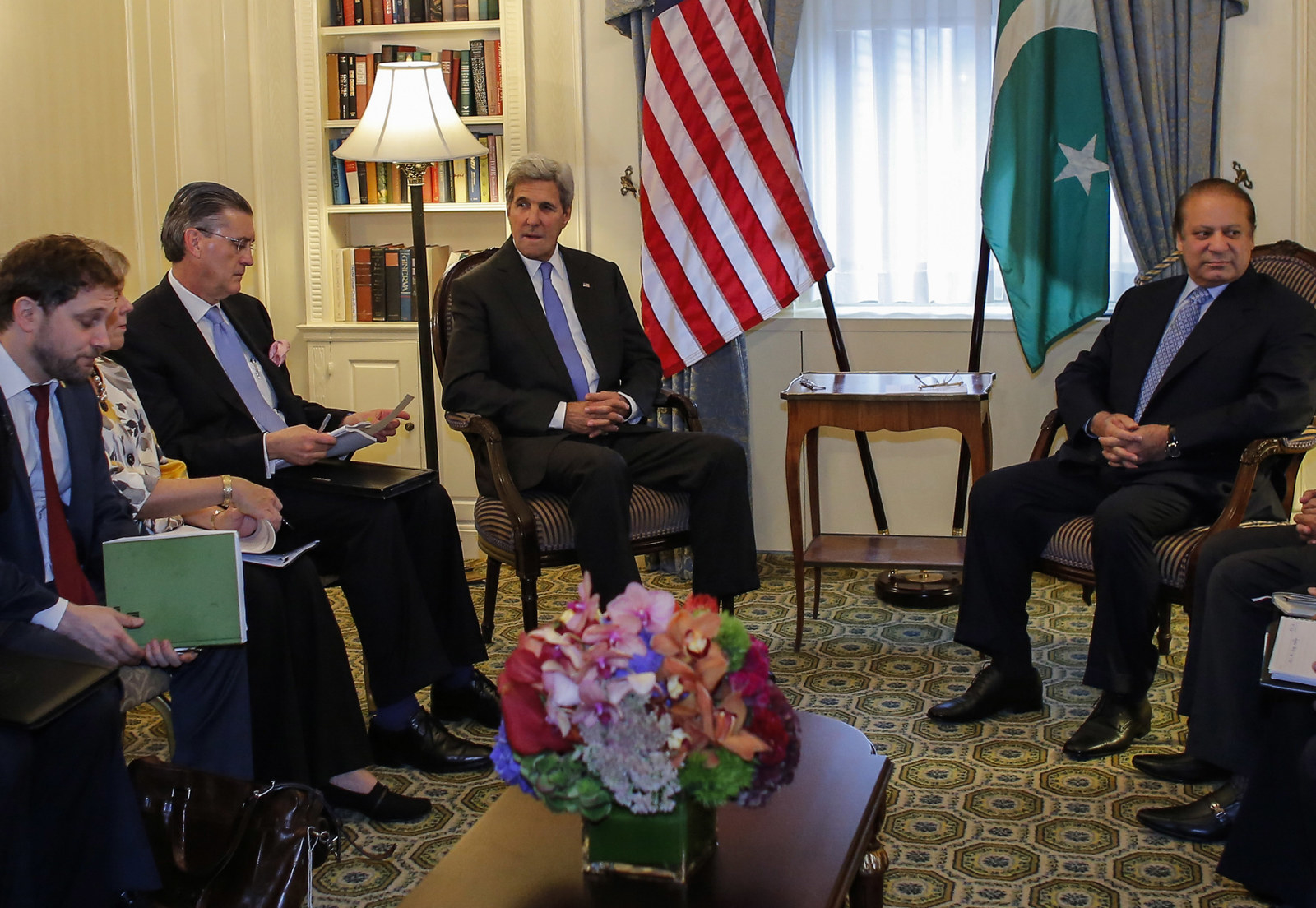
10. Richard Olson, the US special representative for Afghanistan and Pakistan, said American officials had "been very clear with the most senior Pakistani leadership that Pakistan must target all militant groups without discrimination, including those that target Pakistan's neighbors, and close all safe havens."
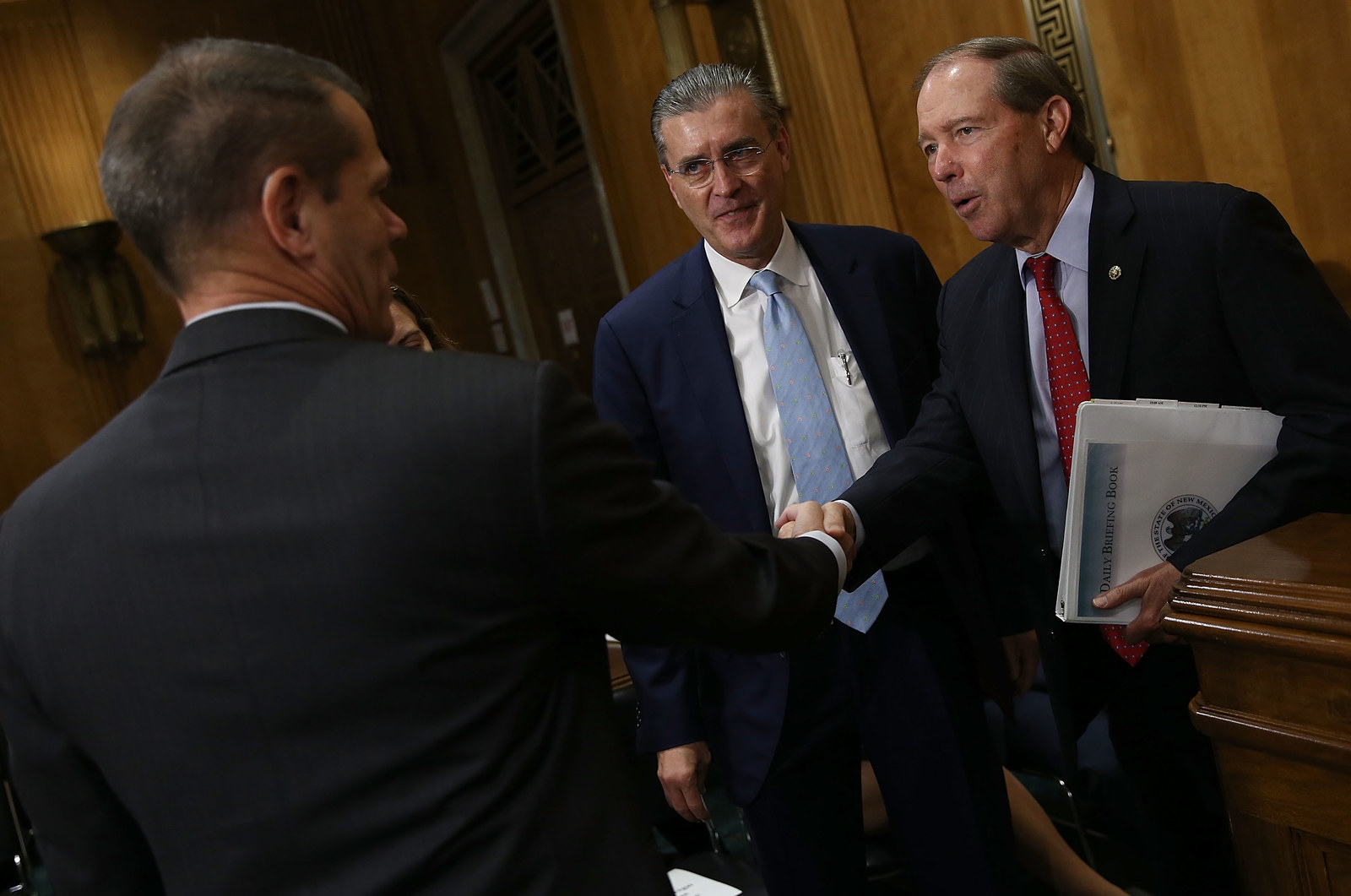
11. Shortly after Olson's statement, a bill in Congress was put forward that called on Pakistan to be designated an enemy state, because — wait for it — it was still harboring militants.
The bill was put forward by two Republicans (Ted Poe and Dana Rohrabacher).
12. And finally, at the beginning of 2017, shortly after Trump assumed office, Obama's spokesperson characterized the relationship between Pakistan and the US as "extraordinarily complicated."
